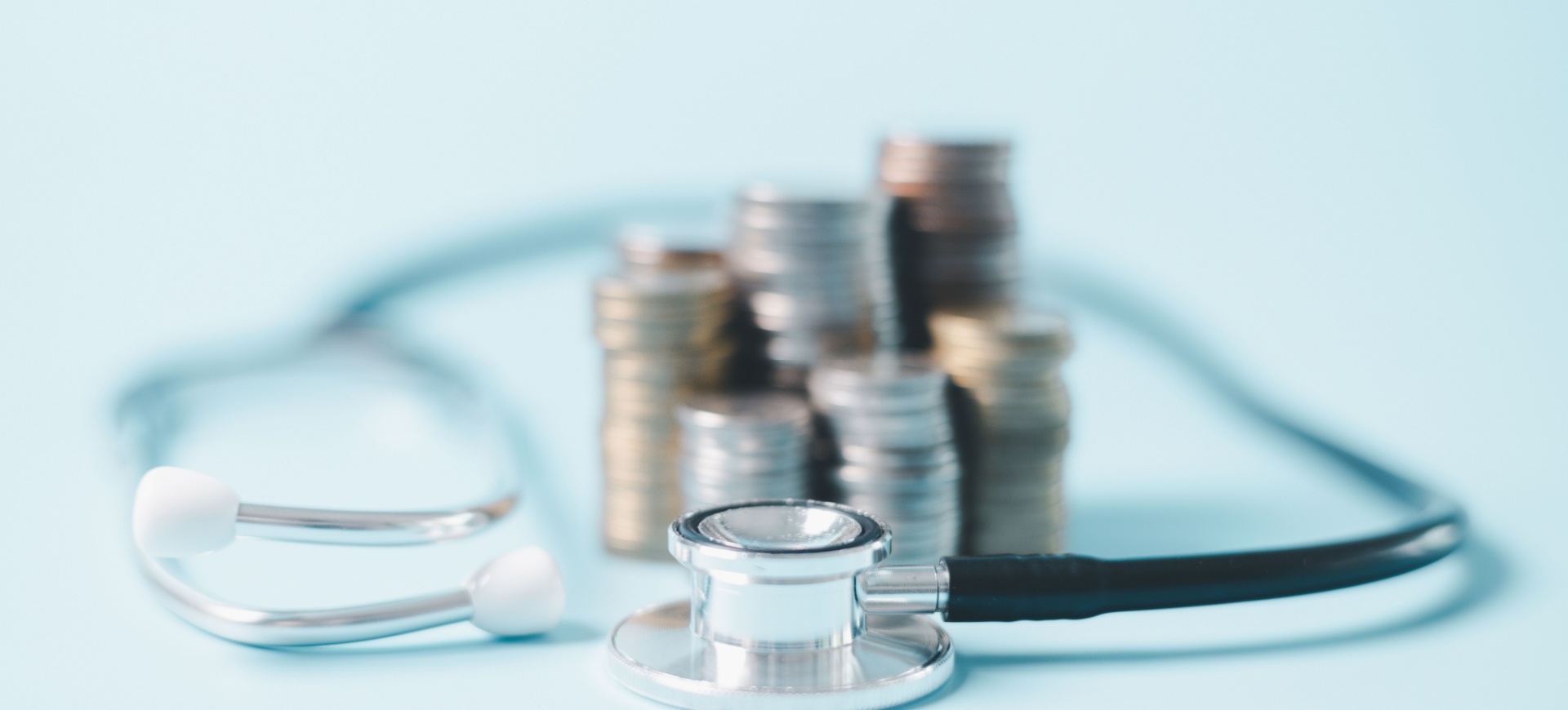Investing in health
As the world grapples with multiple health crises, the World Health Organization’s leadership and sustainable financing are crucial in guiding G20 leaders towards safeguarding global health
In early September this year, I visited Sudan, where I saw first-hand the effects of the conflict that has caused untold destruction, death, disease and the displacement of more than 13 million people – a quarter of Sudan’s population.
The following week I was in Chad, where I met some of those people in a town called Adré, on Chad’s border with Sudan. At the time of writing, Chad has welcomed almost 680,000 refugees from its neighbour, despite the burden this is putting on its health system. The conditions were indescribable and the needs were overwhelming. I met mothers who had walked with their children for days after their homes were burned, their crops destroyed and their livestock stolen.
The health impacts on these refugees – both physical and mental – are acute and will also be enduring.
And this is only one of the many health crises our world is facing, including conflicts in Gaza and Ukraine; outbreaks of the Marburg virus disease, mpox, cholera and dengue; searing inequity and inequality; the growing burden of non-communicable diseases; the steady march of antimicrobial resistance; the mounting impacts of climate change; and more.
Sometimes the problems of our world can seem insurmountable, and achieving the Sustainable Development Goals a distant fantasy. But humans are nothing if not resilient. Throughout our history, we have overcome numerous plagues, wars and other threats to our health and existence. We have learnt from those experiences, we have innovated and we have moved forward.
Lessons from the past
In the face of so many daunting challenges and in the wake of the Covid-19 pandemic, there are three things G20 leaders can do this year to build on their commitments to safeguard the health of the world’s population.
First, deliver a strong Pandemic Agreement. Covid-19 taught us that global threats demand a global response. Just as countries have come together to agree on other instruments of international law to address common threats, such as the Geneva Conventions, the Nuclear Non-Proliferation Treaty, the Paris Agreement, the International Health Regulations and the World Health Organization Framework Convention on Tobacco Control, so it is clear that countries must agree on a shared approach for confronting the shared threat of pandemics.
Although countries have made progress, some of the most important issues remain unresolved. We urge G20 members to take the lead in resolving those issues, finding a middle ground and reaching a consensus by the end of this year, if possible. It can still be done.
Second, deliver a strong and sustainably financed WHO, at the centre of the global health architecture.
The Covid-19 pandemic showed why the world needs a global health agency – and why it created the WHO in 1948. The G20 has consistently recognised its central role. And yet the way countries finance the WHO is inefficient, with short-term, unpredictable and inflexible funds that distort its budget and prevent it from retaining the best talent and delivering the long-term, tailored health programming that countries need. WHO member states have acknowledged this.
At this year’s World Health Assembly, they adopted a new, ambitious global health strategy to save 40 million lives over the next four years – the Fourteenth General Programme of Work – with an overarching mission to promote, provide and protect the health of the world’s population.
Mobilising resources and political will
Delivering on that mission requires a strong and sustainably financed WHO. This is why our member states are supporting the launch of the first WHO Investment Round – an effort to mobilise the predictable funding that we need to do our work over the next four years.
Countries and partners have started making pledges at a series of events that will culminate at the G20 Rio Summit, where leaders will make further pledges and President Luiz Inácio Lula da Silva will announce the results.
We know that we are making this request at a difficult time, a time of competing priorities and limited resources. But as the Covid-19 pandemic demonstrated, when health is at risk, everything is at risk. Investments in the WHO are therefore investments not only in healthier populations but also in more equitable, more stable and more secure societies and economies.
Third, deliver a more peaceful world.
In Sudan, Gaza, Lebanon, Ukraine and elsewhere, the WHO and our partners are doing our best to meet the health needs of the people we serve. But what those people need more than aid is a ceasefire, a political solution and peace.
There is no health without peace and no peace without health.












